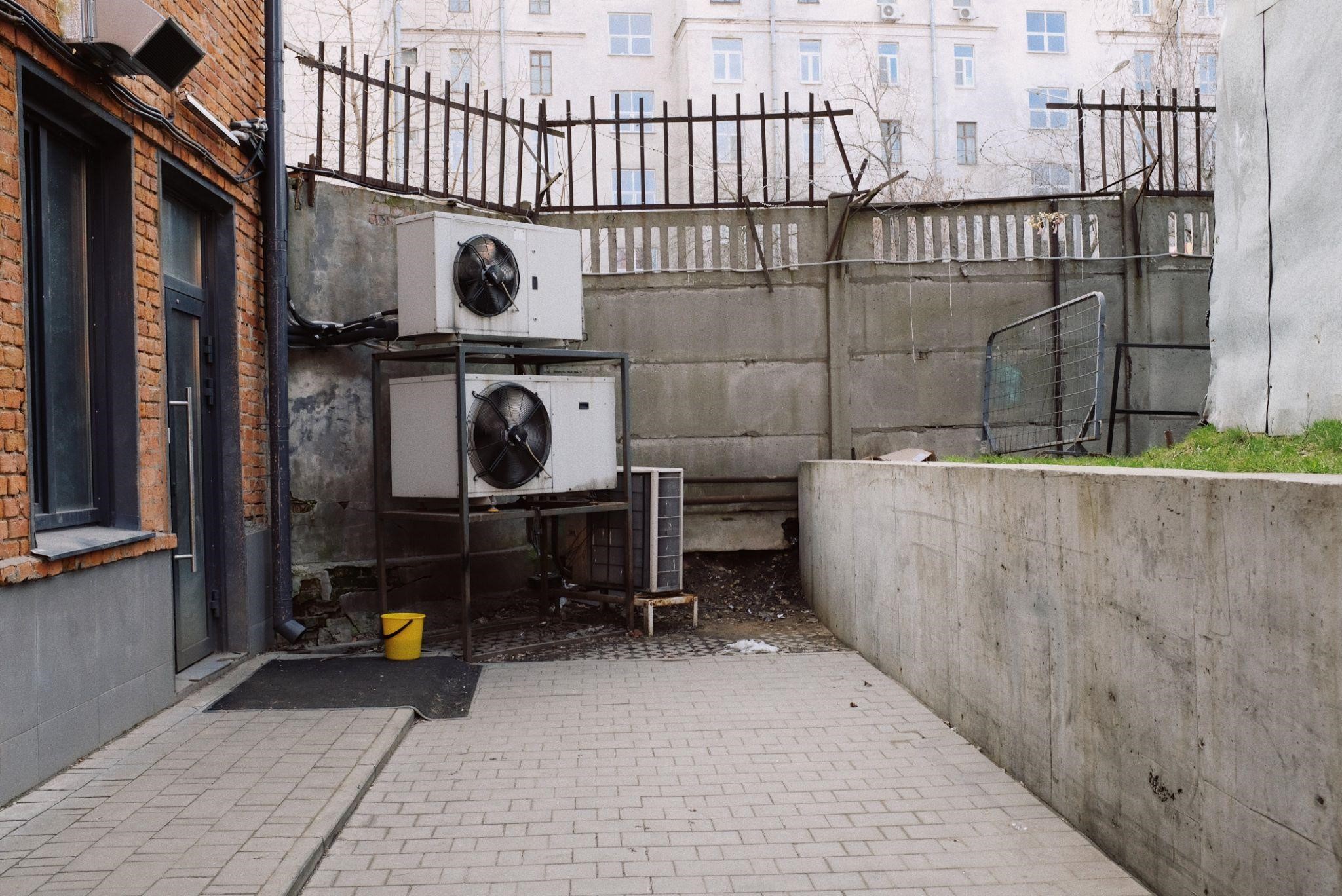Preparing your HVAC system for the harsh weather conditions is important as we draw closer to winter. This is because the colder winter months can strain your HVAC system, as there is an increasing demand for heating.
A well-running HVAC guarantees optimal performance, energy efficiency, and, most importantly, your family’s comfort. Here are six tips to keep your HVAC system running smoothly throughout the cold season.
Optimize your Programmable Thermostat
Your thermostat helps regulate the temperature in your home, ensuring it is comfortable without compromising energy usage. You can lower energy use and your monthly bills by setting your thermostat to adjust the temperature based on your needs. A well-functioning thermostat can help your HVAC system run smoothly, preventing overexertion and breakdowns, thus extending the lifespan of your equipment.
Schedule a Professional Inspection
A qualified HVAC technician possesses the expertise to assess the overall condition of your system, identifying potential issues that may compromise its performance during colder weather. This inspection thoroughly examines the furnace, heat pump, ductwork, and other key components.
The assessment is followed by making necessary heat repairs and replacements. This assessment will help you prevent unexpected breakdowns. It can also improve your system’s efficiency, saving you money on energy bills.
Change or Clean Air Filters
Another crucial step in preparing your system is to change and clean your air filters. Over time, air filters can become clogged with dust, dirt, and other particles, making it harder for your HVAC system to function properly.
By regularly changing and cleaning your air filters, you can help ensure that your system is operating efficiently and effectively. This will lower your energy bills, and it can also reduce the likelihood of breakdowns and other complications.
Check and Seal Ductwork
Insulating your Pipes and Ducts can significantly impact your system’s functionality during the winter. By insulating your pipes and ducts, you can reduce heat loss. It does this by ensuring that the warm air produced by your HVAC system stays inside your home, instead of escaping through gaps and cracks in your ductwork.
This helps improve energy efficiency, reducing your carbon footprint and heating costs. Insulation also helps prevent your pipes from freezing, which can lead to costly plumbing repairs. It is also a great way to reduce noise pollution.
Clean and Clear Vents and Registers
Vents and registers can also accumulate dirt, dust, and debris. Household items like furniture and curtains can also obstruct these vents and registers. Dirt and obstruction can restrict airflow and cause your system to work harder, increasing energy consumption and bills.
Dirty vents and registers can also impact the quality of your indoor air, which can trigger allergies and respiratory problems. By cleaning and clearing your vents and registers, you’re preserving the longevity of your HVAC system and promoting a healthier and more comfortable living environment. Simple activities like vacuuming and dusting can help eliminate dust and debris on your vents and registers. You can also move furniture and tapestry to prevent obstruction.
Clear Debris from Around Outdoor Units
Debris can easily accumulate around your HVAC system during the fall. These can restrict airflow and put extra strain on your HVAC system as it works to keep your home warm. Consider clearing the area around your outdoor unit to help ensure your system runs efficiently and effectively all winter.
Proactively preparing your HVAC system for winter can make a substantial difference in the overall comfort of your home. By scheduling professional inspections, optimizing thermostat settings, and addressing potential issues in advance, you ensure efficient performance and promote energy savings. Remember that as you implement these measures, you’re not just maintaining a warm home but investing in the well-being and efficiency of your heating, ventilation, and air conditioning system.

